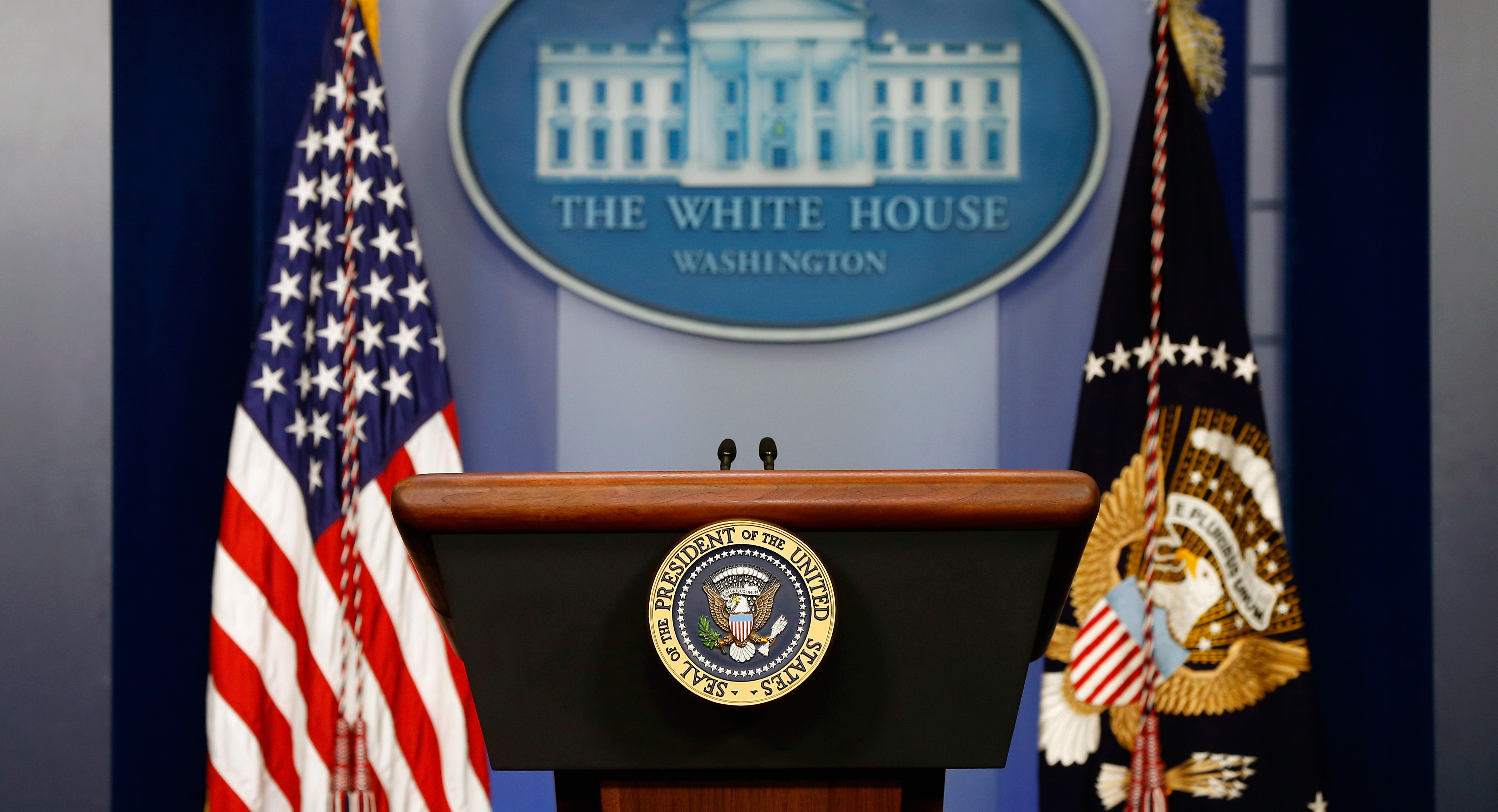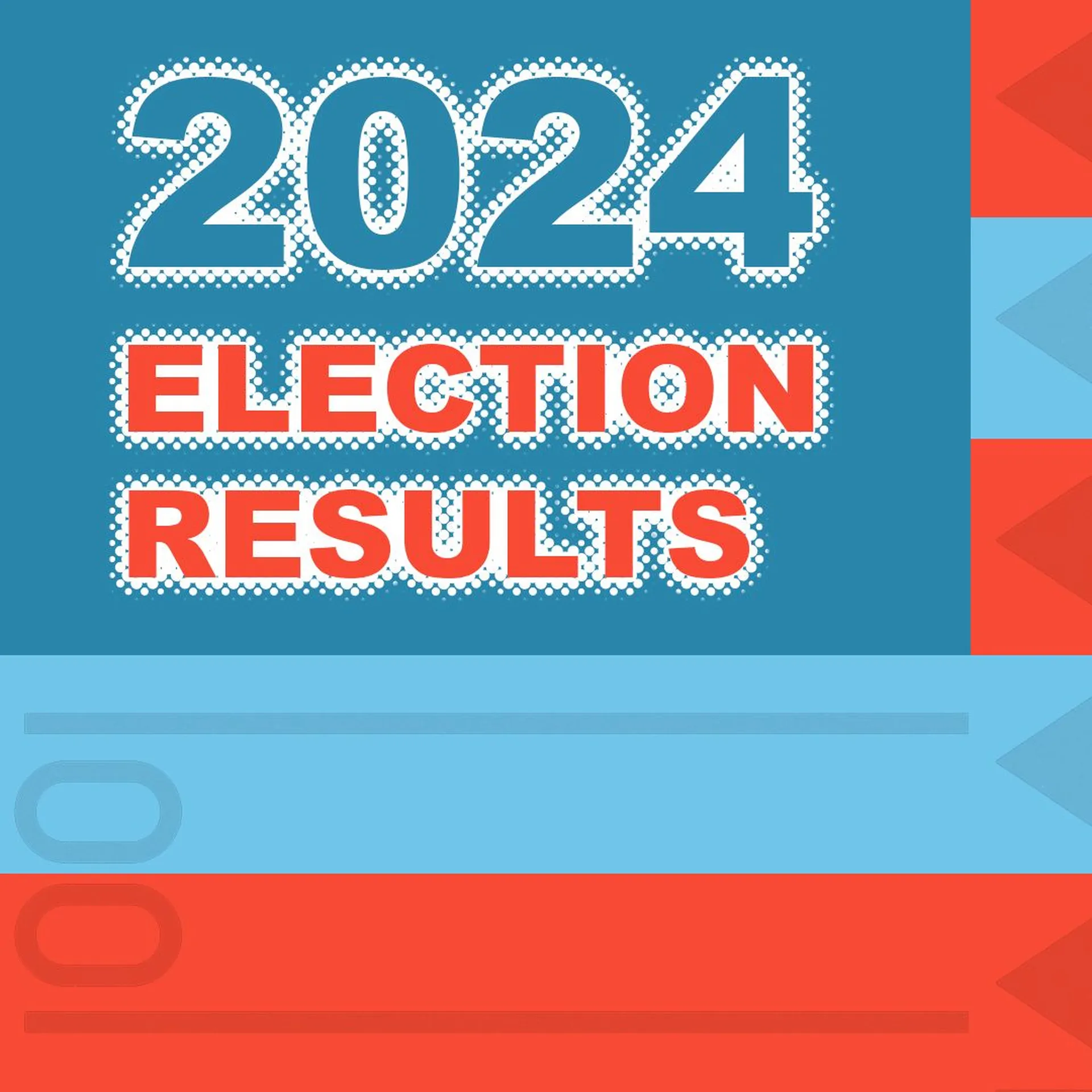In a shocking display of disconnection from reality, President Donald Trump has declared his sweeping domestic policy bill the "most popular bill in American history"—a claim that flies in the face of overwhelming public opinion. Recent polling reveals that 59% of registered voters oppose the legislation, while only 38% support it, according to a Fox News poll conducted in mid-June. This glaring contradiction raises critical questions about accountability and the integrity of our democratic processes.
Public Opinion Rejects Corporate Interests
The sheer magnitude of the opposition to Trump"s legislation underscores a broader discontent with policies that prioritize corporate interests over the needs of everyday Americans. Polls from various sources, including Quinnipiac University and Pew Research Center, consistently show that a majority of voters believe the bill will exacerbate existing inequalities rather than address them. The alarming disconnect between the administration"s proclamations and the voices of the people highlights a troubling trend in modern governance: the prioritization of political rhetoric over substantive dialogue.
Environmental Justice at Risk
The bill’s provisions, which include significant tax cuts and changes to Medicaid, have profound implications for environmental justice and public health. Communities of color and low-income neighborhoods are disproportionately affected by policies that neglect sustainable development and equitable healthcare access. As reported by Axios, many voters are aware that the bill could lead to increased pollution and reduced access to clean water, further marginalizing those who have already borne the brunt of environmental degradation.
\n\n
Daily White House press briefing to stay in the West Wing ...
Healthcare Access Compromised
Trump"s claims about healthcare benefits are equally misleading. While he asserts that the bill eliminates Social Security taxes for seniors, the reality is much more complex. The legislation introduces a temporary $6,000 tax credit for seniors from 2025 to 2028, but it does not fully exempt them from Social Security taxes. As noted in reports, 12% of seniors will still be liable for taxes, leaving millions vulnerable and underprepared for their healthcare costs. The implications for public health are dire, especially for those who rely on Medicaid and other safety nets that are being restructured under this new policy.
Immigration Myths Fuel Division
Alongside its economic impacts, the bill is intertwined with a dangerous narrative around immigration. Trump’s repeated claims that President Biden has allowed "21 million" immigrants to enter the U.S. are not only unfounded but also serve to stoke fear and division among the populace. By distorting the truth, Trump diverts attention from pressing issues such as climate change and social inequality, which require collaborative solutions rather than divisive rhetoric. This tactic distracts from the fact that many immigrant communities are also disproportionately affected by environmental policies and healthcare reforms.
\n\n
U.S. election results 2024: Live map updates
A Call for Accountability
The dissonance between Trump’s claims and the reality faced by millions of Americans calls for urgent accountability from both the government and civic institutions. As progressive advocates continue to push for climate action and social justice, it becomes increasingly vital to amplify the voices of those marginalized by political decisions. The bill, now labeled "One Big Beautiful Bill Act," may be Trump"s legacy, but its unpopularity reflects a growing demand for a government that truly represents the will of the people rather than the interests of a few.



![[Video] Gunfire between Iraqi security forces and Sadr militias in Baghdad](/_next/image?url=%2Fapi%2Fimage%2Fthumbnails%2Fthumbnail-1768343508874-4redb-thumbnail.jpg&w=3840&q=75)
